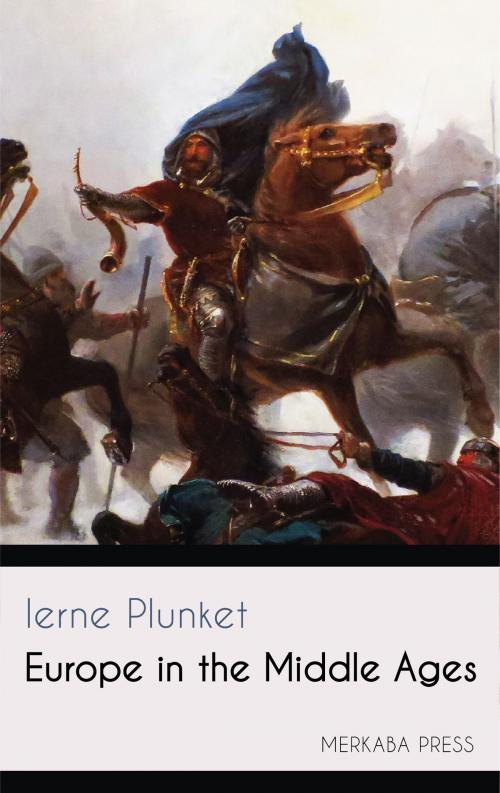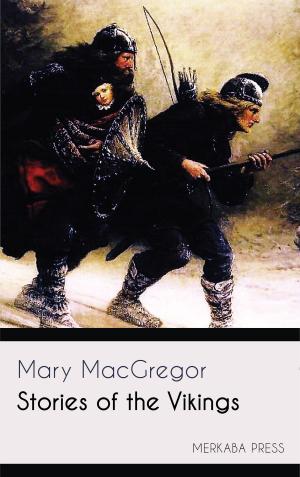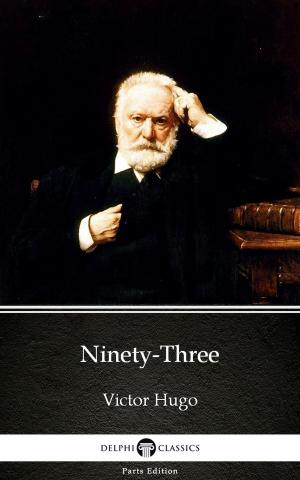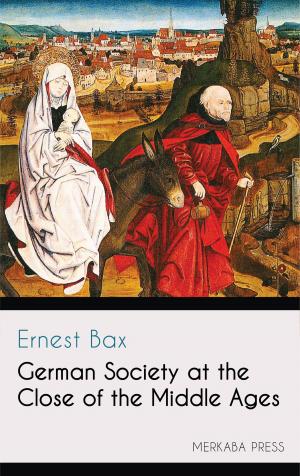| Author: | Ierne Plunket | ISBN: | 6610000023684 |
| Publisher: | PublishDrive | Publication: | July 25, 2017 |
| Imprint: | Merkaba Press | Language: | English |
| Author: | Ierne Plunket |
| ISBN: | 6610000023684 |
| Publisher: | PublishDrive |
| Publication: | July 25, 2017 |
| Imprint: | Merkaba Press |
| Language: | English |
‘Ave, Roma Immortalis!’, ‘Hail, Immortal Rome!’ This cry, breaking from the lips of a race that had carried the imperial eagles from the northern shores of Europe to Asia and Africa, was no mere patriotic catchword. It was the expression of a belief that, though humanity must die and personal ambitions fade away, yet Rome herself was eternal and unconquerable, and what was wrought in her name would outlast the ages.
In the modern world it is sometimes necessary to remind people of their citizenship, but the Roman never forgot the greatness of his inheritance. When St. Paul, bound with thongs and condemned to be scourged, declared, ‘I am Roman born,’ the Captain of the Guard, who had only gained his citizenship by paying a large sum of money, was afraid of the prisoner on whom he had laid hands without a trial.
To be a Roman, however apparently poor and defenceless, was to walk the earth protected by a shield that none might set aside save at great peril. Not to be a Roman, however rich and of high standing, was to pass in Roman eyes as a ‘barbarian’, a creature of altogether inferior quality and repute.
‘Be it thine, O Roman,’ says Virgil, the greatest of Latin poets, ‘to govern the nations with thy imperial rule’: and such indeed was felt by Romans to be the destiny of their race.
Stretching on the west through Spain and Gaul to the Atlantic, that vast ‘Sea of Darkness’ beyond which according to popular belief the earth dropped suddenly into nothingness, the outposts of the Empire in the east looked across the plains of Mesopotamia towards Persia and the kingdoms of central Asia. Babylon ‘the Wondrous’, Syria, and Palestine with itsturbulent Jewish population, Egypt, the Kingdom of the Pharaohs long ere Romulus the City-builder slew his brother, Carthage, the Queen of Mediterranean commerce, all were now Roman provinces, their lustre dimmed by a glory greater than they had ever known...
‘Ave, Roma Immortalis!’, ‘Hail, Immortal Rome!’ This cry, breaking from the lips of a race that had carried the imperial eagles from the northern shores of Europe to Asia and Africa, was no mere patriotic catchword. It was the expression of a belief that, though humanity must die and personal ambitions fade away, yet Rome herself was eternal and unconquerable, and what was wrought in her name would outlast the ages.
In the modern world it is sometimes necessary to remind people of their citizenship, but the Roman never forgot the greatness of his inheritance. When St. Paul, bound with thongs and condemned to be scourged, declared, ‘I am Roman born,’ the Captain of the Guard, who had only gained his citizenship by paying a large sum of money, was afraid of the prisoner on whom he had laid hands without a trial.
To be a Roman, however apparently poor and defenceless, was to walk the earth protected by a shield that none might set aside save at great peril. Not to be a Roman, however rich and of high standing, was to pass in Roman eyes as a ‘barbarian’, a creature of altogether inferior quality and repute.
‘Be it thine, O Roman,’ says Virgil, the greatest of Latin poets, ‘to govern the nations with thy imperial rule’: and such indeed was felt by Romans to be the destiny of their race.
Stretching on the west through Spain and Gaul to the Atlantic, that vast ‘Sea of Darkness’ beyond which according to popular belief the earth dropped suddenly into nothingness, the outposts of the Empire in the east looked across the plains of Mesopotamia towards Persia and the kingdoms of central Asia. Babylon ‘the Wondrous’, Syria, and Palestine with itsturbulent Jewish population, Egypt, the Kingdom of the Pharaohs long ere Romulus the City-builder slew his brother, Carthage, the Queen of Mediterranean commerce, all were now Roman provinces, their lustre dimmed by a glory greater than they had ever known...















